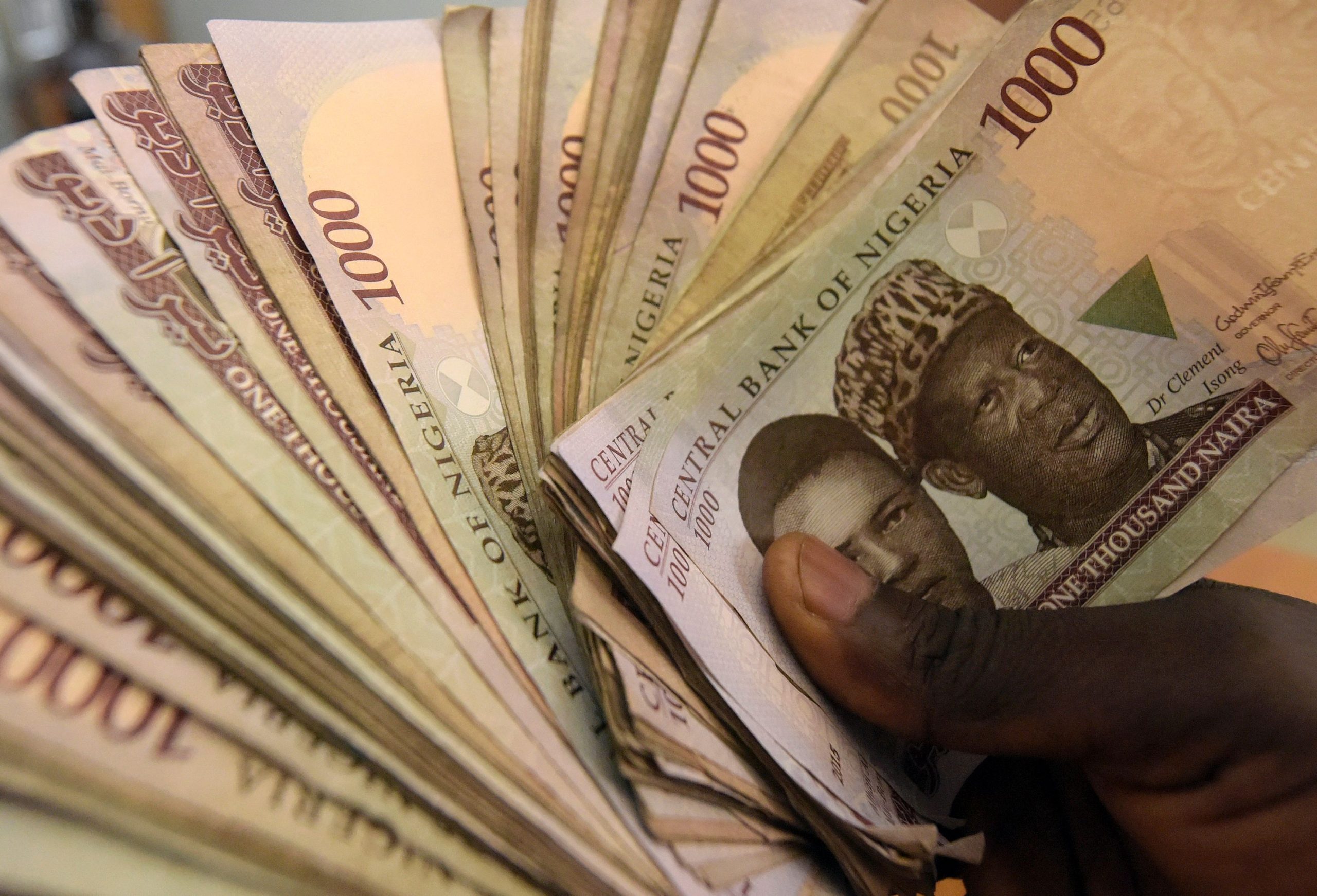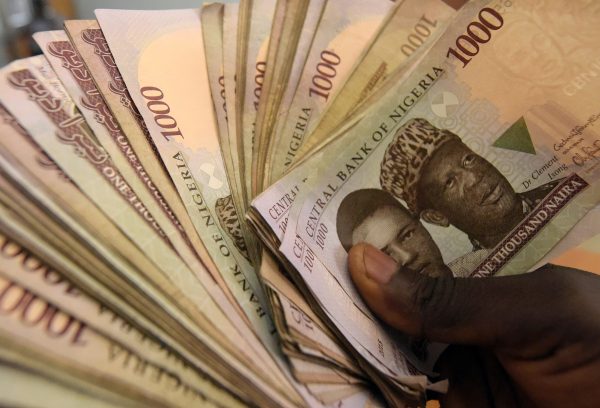For a lot of businesses, Christmas tends to be the most hectic time of the year. It’s probably a peak selling period, so they might have a lot to attend to– customers, inventory, extra office supplies, etc. They also have to figure out their financial records for the past twelve months.
It’s often tough to keep tabs on cash flow during the holidays. That’s either because cash flow gets volatile at the time, or there’s so much else going on that businesses can’t monitor the money that’s coming into or going out of them.
Read more about Business
This can be quite risky. If you’re not tracking your cash flows, you may fail to spot a shortage of liquidity on time. Ultimately, your business could fall into a difficult patch as it tries to pay its bills. That’s one reason why many businesses struggle early on in the New Year.
This article shows you how to manage your cash flow during Christmas, so you don’t hit the rocks financially when January comes around.
Evaluate Your Current Cash Flow Position
The first step to being prudent with your cash flow is to know what it looks like at the moment. You don’t want to go forward with your Christmas plans based on assumptions.
Look at your cash flow statement for the preceding period (say a previous month), and determine what things are like right now.
Do the same with your other financial records. Find out how much cost you’ll be able to cover, and plan your budget accordingly.
Cut Non-Essential Spending
It’s important to have a budget for the season. Plan to only spend on the things your business needs during the period, and put systems in place to ensure you stick to the plan.
A fixed plan will help you prevent unnecessary spending, preventing leakages from developing.
Consider Expenses for the New Year
Don’t get carried away by the demands of the festive season. January will arrive in a matter of weeks, and it’ll come with needs that you’ll have to attend to. Staying conscious of this allows you to remain within a pragmatic budget.
If you already have a good idea of what these upcoming expenses are, you can record them with their costs attached, and see how much you might need to cover them.
Find our comprehensive listings of businesses in Nigeria here
Get Proactive With Payment Collection
Make it a priority to get your payments in early. Run after unpaid invoices until you have collected what’s due you.
If your client finds it difficult to pay, you might work out an arrangement with them that ensures they settle their obligations to you in a mutually beneficial way.
Cross-Sell to Increase Revenues
How about getting your customers to buy something related to what they’re already purchasing? For instance, if you’re selling suits and trousers, you could persuade them to also purchase ties or formal shoes from you, just to ‘complete’ the set.
This potentially benefits both parties. They don’t have to get their ties and shoes elsewhere, and you make more sales by providing more items.
Review Your Prices
Maybe the holidays are a great time to review your prices. You could certainly gain from either raising them or offering discounts, depending on how you execute your strategy.
This supposes that you do have a strategy and end-game you’re playing for. You might put prices up to cover increased running costs or lower them to draw more customers in.
Whatever your intention is, be sure to examine your internal business situation and external market conditions (customer reaction and competitor pricing) before making a final decision.
Final Words
Managing your business’s cash flow can be difficult, regardless of the time of the year you’re in. But the holidays bring with them demands that make tracking cash flow extra challenging. The tips we’ve shared here should help you improve this aspect of your operations and enable you to sail more smoothly into the New Year.
Featured Image Source: Bloomberg
Got a suggestion? Contact us: [email protected]


